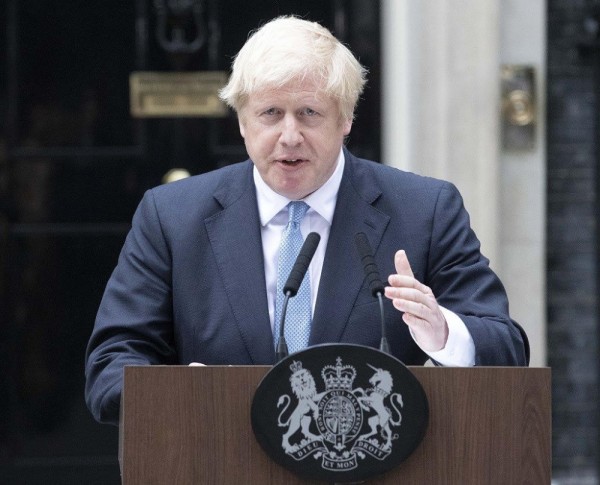
London: UK PM Boris Johnson's decision to suspend Parliament was unlawful, the Supreme Court has ruled. Johnson suspended - or prorogued - Parliament for five weeks earlier this month, but the court said it was wrong to stop MPs carrying out duties in the run-up to Brexit on 31 October. Supreme Court president Lady Hale said "the effect on the fundamentals of democracy was extreme”. Downing Street said it was "currently processing the verdict”. Johnson argued he wanted to carry out the prorogation ahead of a Queen's Speech so he could outline his government's new policies. But critics said he was trying to stop MPs from scrutinising his Brexit plans. Delivering its conclusions, the Supreme Court's president, Lady Hale, said: "The effect on the fundamentals of our democracy was extreme.” She added: "The decision to advise Her Majesty to prorogue Parliament was unlawful because it had the effect of frustrating or preventing the ability of Parliament to carry out its constitutional functions without reasonable justification.” Lady Hale said the unanimous decision of the 11 justices was that Parliament had not been prorogued - the decision was null and of no effect - and it was for the Speakers of the Commons and Lords to decide what to do next. Commons Speaker John Bercow welcomed the ruling and said Parliament "must convene without delay", adding that he would now consult party leaders "as a matter of urgency”. The ruling was made after a three-day hearing at the Supreme Court last week which dealt with two appeals - one from campaigner and businesswoman Gina Miller, the second from the government. Miller was appealing against the English High Court's decision that the prorogation was "purely political" and not a matter for the courts. The government was appealing against the ruling by Scotland's Court of Session that the prorogation was "unlawful" and had been used to "stymie" Parliament. The court ruled in favour of Miller's appeal and against the government’s.